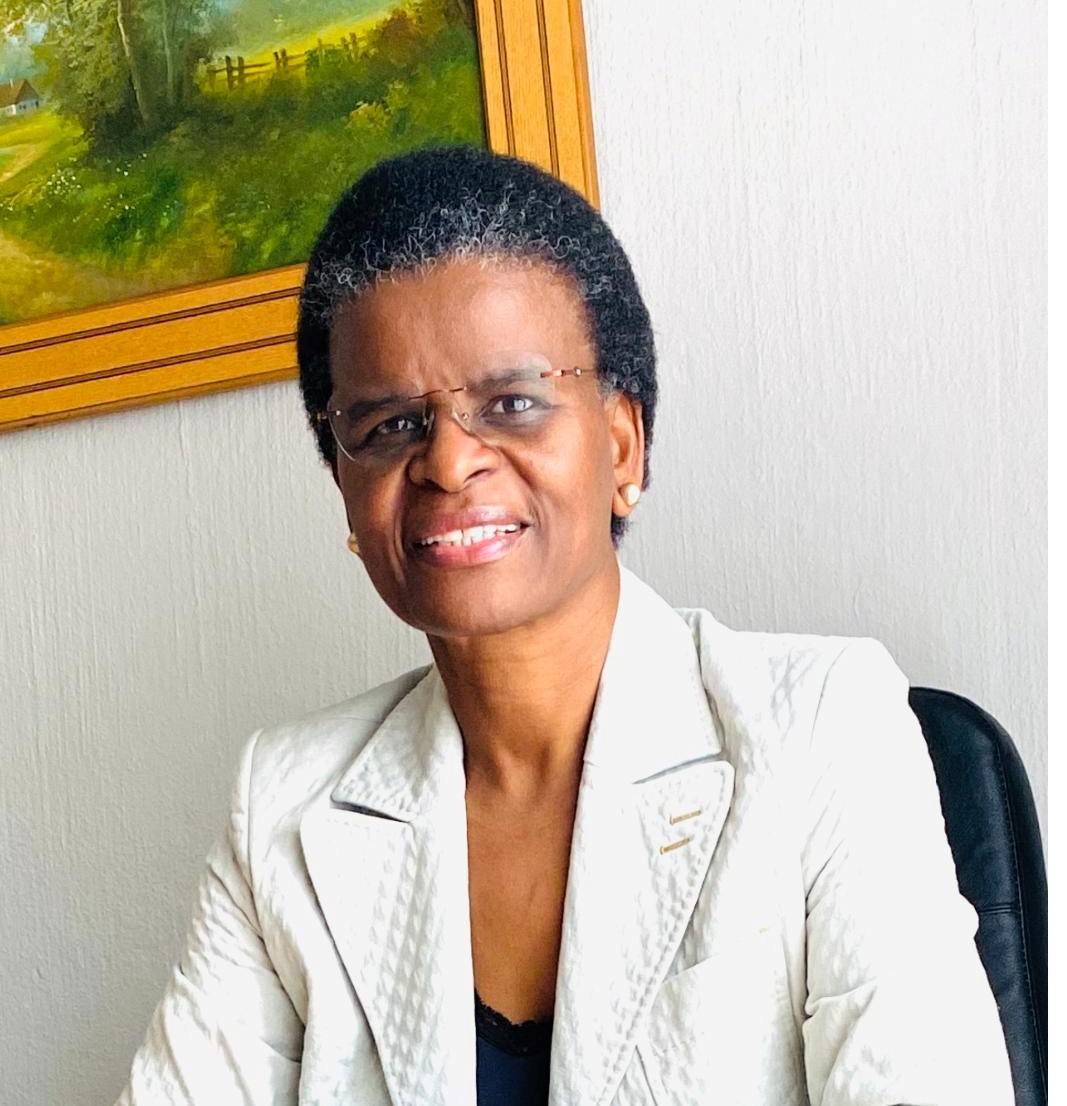"While South Africans are welcome to physically come to Parliament, I don’t believe their inputs into the work of Parliament are taken into account when decisions such as passing bills are made."

1. What is your political background?
My political career started in 2014, when I made myself available as a confidential candidate for the Democratic Alliance (DA) Parliament list. I am currently serving my second term as Member of Parliament (MP) in the National Assembly.
2. How did you join your political party and become an MP?
I made myself available as a confidential candidate in 2014 and joined the DA Parliamentary Caucus in the National Council of Provinces (NCOP), and later moved to the National Assembly.
3. What does your job as an MP entail?
My job as an MP gives me access to utilising the Parliamentary oversight mechanisms such as asking the Executive written and oral questions; attending Portfolio Committee meetings to scrutinise the work of the departments; conducting oversight visits on the work of a department and its entities; tabling motions and member statements. The other job that I am honoured to do is processing bills to ensure that their implementation changes the lives of ordinary South Africans.
4. What do you enjoy about being an MP?
I enjoy being a representative of the people who voted for me. My passion is championing the wellbeing of the most vulnerable of our society – the women and children. I enjoy the privilege of being in the Portfolio Committee of Social Development as I have the opportunity of making a difference in the lives of this sector of society.
5. What are your or your party’s aspirations/plans for the Sixth Parliament?
My job is to fulfil my political party’s aspiration in the sphere of my Portfolio Committee. These are ensuring that we build one South Africa for All – where all South Africans are equal before the law and they all have access to services, no matter their background. This, I strive to achieve through studying and debating the departmental strategic plans and budgets to ensure that the resources meant to reach the citizens of this country are not diverted through fruitless and wasteful expenditure. Furthermore that those who provide services from government institutions provide these services with dignity, integrity and respect.
6. What obstacles prevent Parliament from doing its work and how would you fix it?
The wheels of Parliament turn very slowly. Whilst efforts are made to ensure all affected parties participate in making decisions through public and stakeholder hearings and consultations, these forums often get hijacked for political purposes. At times only the voice of the majority party isheard. I would change the way voting is done to ensure all voices are heard.
7. Does Parliament do a good job of holding the Executive to account? If not, what can be done to improve this?
No. The way that voting is done to approve reports and budgets is skewed in favour of the governing party. Even if the wrong is glaring, the opposition parties’ voices are not heard due to the way the voting happens. The voting model needs to change as this is stifling the work of Parliament.
8. Are you happy with the proportional representation system or are you in favour of electoral reform?
I am in favour of the electoral reform.
9. What can be done to get citizens more interested/involved in Parliament? Is this an area where parliament can improve and if so, what recommendations do you have?
Parliament is known to be a people’s Parliament. This is however, in my opinion, in word only. While South Africans are welcome to physically come to Parliament, I don’t believe their inputs into the work of Parliament are taken into account when decisions such as passing bills are made. I believe a very small sector of society has a role to play. Also, I do not believe that there is sufficient political education that is conducted throughout the term of Parliament. I think this limits the value that ordinary citizens could add into the body of politics.
10. What are you passionate about? This applies both in political/profession are as well as personally.
My greatest passion is empowering women and children to be better participants in both the political and civic life of South Africa. I believe they are ready to take an active and constructive part in society, but the necessary information and knowledge needed does not filter to them. This is caused by, among other things, the high levels of illiteracy – especially in rural areas, the high cost of communications and poverty. Whether I am active in politics or not, I will always make my humble contribution towards ensuring women and children are empowered – even if I have to work with Non-Governmental Organisation (NGO’s) in this sector.
What is your message to South Africa?
South Africa is blessed to have men, women and children who are resilient and peace loving. The challenges that we have faced, and continue to face as a nation are nothing compared to the power we have to change the situation for the better. The hard work done by those who came before us compels us to soldier on towards achieving one South Africa for all – where each and every South African enjoys the hard earned rights and responsibilities that come with them.

Comments
Keep comments free of racism, sexism, homophobia and abusive language. People's Assembly reserves the right to delete and edit comments
(For newest comments first please choose 'Newest' from the 'Sort by' dropdown below.)